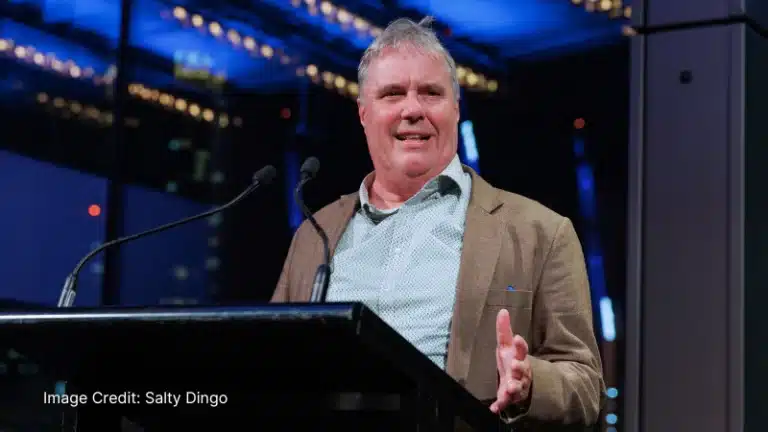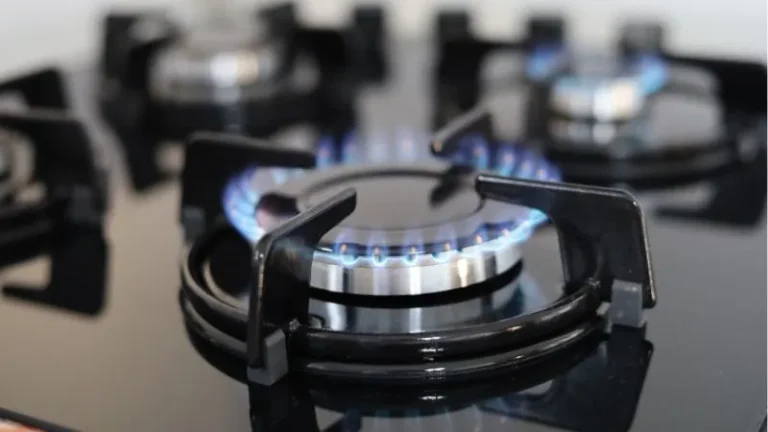Today Australia’s peak body for energy retailers, the Australian Energy Council, has committed to best practice principles for assisting people struggling to afford their energy, and published a guide to help its members implement these principles.
This outcome is the result of collaboration between consumer advocates and energy retailers that started at the beginning of the COVID-19 pandemic. The consumer advocates were led by the Public Interest Advocacy Centre and include the Australian Council of Social Service, state Councils of Social Service, Uniting Communities, Consumer Action Law Centre and Council on the Ageing.
‘COVID-19 reminded us of the important role energy retailers have in supporting the health and wellbeing of people during crisis’, said Jonathon Hunyor, CEO Public Interest Advocacy Centre. ‘It also showed that better practices and different approaches to assistance are required if people are to get the help they need.’
The advocates called on the energy industry to provide stronger supports for people in need during the economic and health crisis and to improve their practices long-term. The commitments to best practice principles announced today and accompanying documents are important and significant first steps towards this.
The principles are designed to guide retailers in developing assistance frameworks. They focus on building trust, genuine engagement, preventing debt build-up, and avoiding disconnections for struggling consumers.
The guide sets out practical steps for retailers to implement these principles and recognise the diverse challenges consumers face and the considered measures needed to support them.
‘Energy retailers need to be able to work with their customers in responding to uncertainty,’ said Mark Henley, Uniting Communities. ‘The Best Practice guide is a very positive next step in improved customer services for energy customers that will lead to higher levels of trust.’
Both documents are important initial commitments to lift assistance across the sector above minimum regulatory compliance. Consumer groups look forward to continuing to collaborate with industry to achieve best-practice support for all consumers who need it.
‘This is a significant first step towards improving the level of support retailers should be offering to consumers,’ said Aimee McVeigh, CEO QCOSS. ‘QCOSS will continue to work in partnership with the AEC and others to further progress the steps the industry can take to support consumers through energy hardship.’
The documents released today highlight the important work still to be done, including the need to improve the identification of people in need of assistance, assistance for people experiencing entrenched difficulty to afford their energy needs, and more effective measures to deal with accumulated debt and avoid the threat of disconnection.
‘There are 3 million people living below the poverty line in Australia and more than 220,000 in energy debt, many now under threat of being disconnected from their energy in the middle of winter, which will have significant health and wellbeing impacts,’ said Cassandra Goldie, ACOSS. ‘We urge all energy retailers to implement the best practice principles ensuring all people are treated with dignity and respect and urgently look for alternative solutions to disconnection, as a last resort knock before disconnect should be implemented by all retailers.’
Read the guide: www.energycouncil.com.au/media/ukknujaz/finalb-1.pdf
Read the principles and objectives: www.energycouncil.com.au/media/blxho1uz/final-statement.pdf
MEDIA CONTACT: PIAC Energy Communications Officer, Anna Livsey: 0478 739 280
Collaborating organisations:
ACT Council of Social Service
Australian Council of Social Service
Australian Energy Council
Consumer Action Law Centre
Council on the Ageing
Ethnic Communities Council
Queensland Council of Social Service
Public Interest Advocacy Centre
South Australian Council of Social Service
Tasmanian Council of Social Service
Uniting Communities SA


JEC wins award for housing and mental ill-health lived experience committee